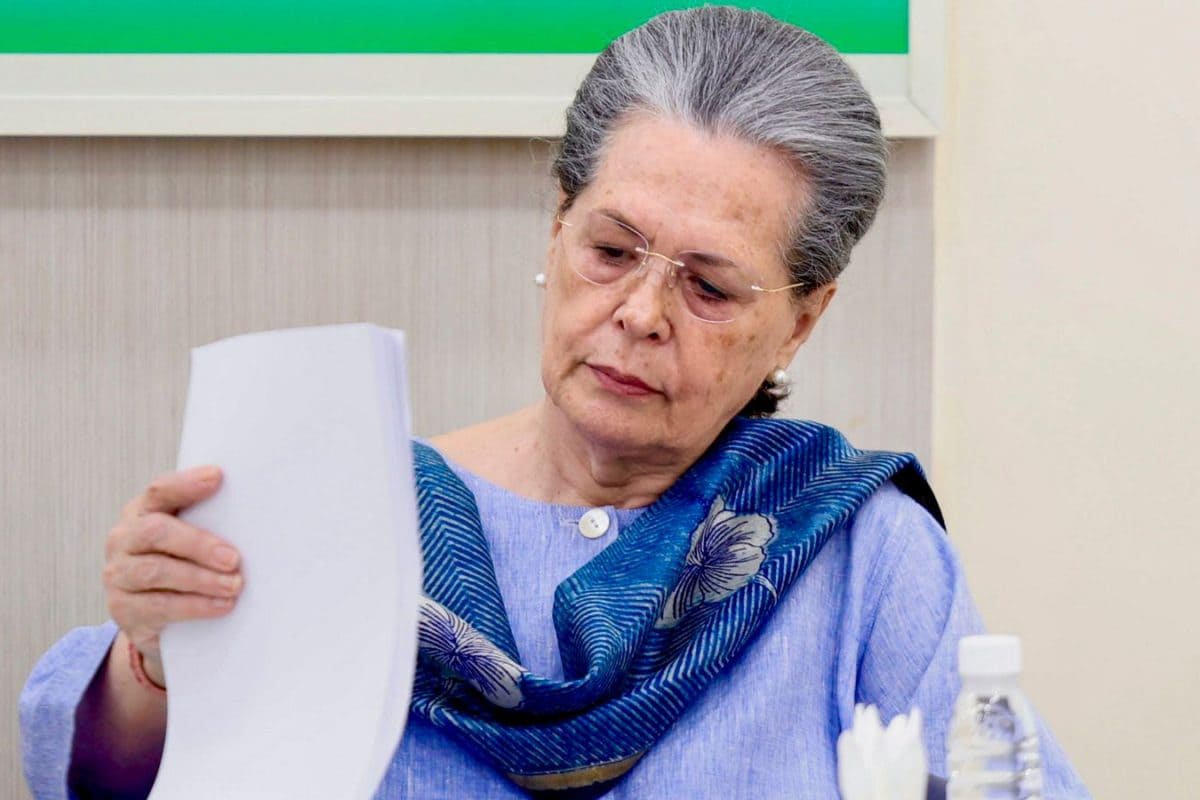

Sonia Gandhi's recent intervention in the ongoing Israel-Iran conflict has sparked considerable debate, particularly regarding its potential impact on the Congress party's efforts to regain the support of the Muslim vote bank. In an opinion piece published on June 21, 2025, she criticized the Indian government's silence on the matter, describing it as a departure from India's "moral and diplomatic traditions" and a "surrender of values." This stance, seen by some as a calculated move, raises questions about whether it can help Congress reconnect with Muslim voters.
Gandhi's statement comes at a time when the Congress party is actively seeking to regain lost ground among minority communities. For instance, in the lead-up to the Delhi Assembly Elections 2025, Congress strategized to specifically target Muslim and OBC voters, hoping to lure them back into the party's fold. The party has also focused on Muslim-dominated constituencies, recognizing their potential to influence election outcomes. Similarly, in Bihar, Congress is attempting to cultivate an independent support base among the Muslim electorate, particularly the Pasmanda Muslims.
Several factors have contributed to the perceived shift in Muslim voter preference away from Congress. The rise of regional parties and their focus on social justice issues has provided alternative political platforms for Muslims. Parties like the Aam Aadmi Party (AAP) have also made inroads into traditional Congress support bases, including Muslim communities. Analysis of the 2025 Delhi Assembly Elections indicated that AAP's vote share declined considerably in constituencies with a high Muslim population, with Congress securing approximately 9% of the votes in constituencies with a Muslim population exceeding 25%, an increase compared to the previous elections. The All-India Majlis-e-Ittehadul Muslimeen (AIMIM) has also emerged as a relevant party.
Sonia Gandhi's criticism of the government's stance on the Israel-Iran conflict can be interpreted as an attempt to resonate with Muslim voters who may feel alienated by the current administration's approach to foreign policy. Her emphasis on Iran as a "long-standing friend" of India and her highlighting of Iran's past support on the Kashmir issue could be seen as efforts to strike a chord with the community. Some view this as an attempt to appease the 'Muslim vote bank'.
However, the effectiveness of this strategy remains to be seen. India's relationship with both Iran and Israel is complex, and any perceived tilt towards one side could have broader implications. India has historically maintained a delicate balance in its relations with both countries, driven by its strategic, economic, and security interests. India has strengthened ties with Israel, particularly in defense and technology, but it also values its historical and cultural connections with Iran. Moreover, any shift could alienate other segments of the electorate.
Furthermore, focusing solely on foreign policy issues may not be sufficient to win back the Muslim vote. Domestic issues such as economic opportunities, social justice, and representation in government also play a significant role in shaping voter preferences. Congress will need to address these concerns effectively to regain the trust and support of the Muslim community.
In conclusion, Sonia Gandhi's recent statement on the Israel-Iran conflict is likely driven, in part, by the Congress party's desire to reconnect with the Muslim vote bank. However, the success of this strategy will depend on various factors, including the party's ability to address domestic concerns, maintain a balanced approach to foreign policy, and counter the narrative of its political opponents.